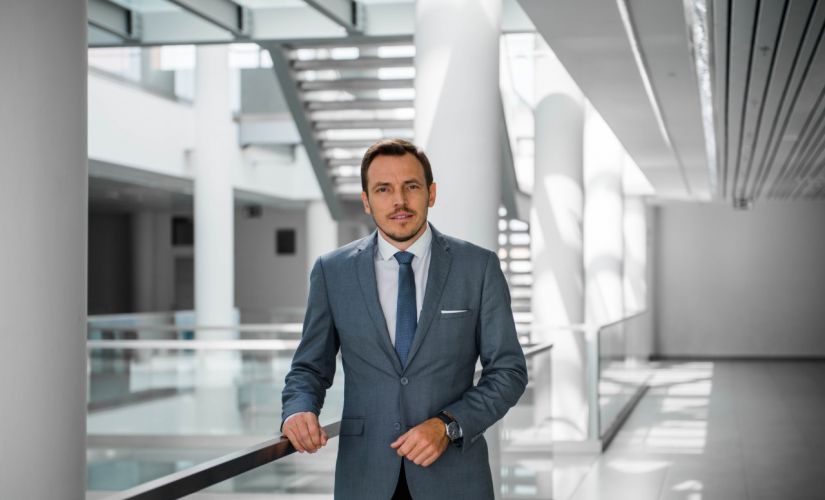According to Dr Dariusz Koperczak, head of the "Accessible Lodz University of Technology" project and chairman of the board of Lodz University of Technology Foundation:
We have planned a series of comprehensive activities defined in 10 tasks that will be implemented by the end of 2023. These are: Centre of Excellence for Universal Design (CDPU); Pilot VR laboratories at the Faculty of Mechanical Engineering; Expanding the services and developing the competences of the BON staff; Eliminating architectural barriers; Digital accessibility; Increasing safety at Lodz University of Technology; Assistive technologies- Interactive Map of TUL Campus; Developing the competences of university staff in accessibility (national module); Developing the competences of university staff in accessibility (foreign module); Expanding Lodz University of Technology's educational support offer for people with disabilities.
The broad scope of the project will change many aspects of Lodz University of Technology's operation, and thanks to their implementation the university will become even more open and accessible for students and employees. In the programme financed by the National Centre for Research and Development, apart from Lodz University of Technology, more Polish universities are taking part, which is expected to contribute to making higher education more accessible to people with disabilities.
The project has been implemented since the beginning of this year, and one of its first results is the possibility of using a sign interpreter when contacting the Dean's offices. This is an example of improved communication. Dr Dariusz Koperczak points out that work is already underway in many areas:
We have commissioned an audit of the university's website in terms of accessibility. Its results are positive, and we are currently implementing the recommendations of the evaluation team so that this aspect of communication at TUL also meets the highest standards.
Some of the planned activities include training sessions for teaching and administrative staff. They take place periodically and are already in progress.
We have prepared over 20 national training courses devoted to services for students with disabilities, digital accessibility, psychological support or first aid. TUL staff will also be able to take advantage of workshop study visits to the best universities in the world which have developed good practices for the management, administration staff, including in particular the Office for People with Disabilities, and teachers,'
– explains the project coordinator at TUL.
Another very important project is the establishment of the Centre of Excellence in Universal Design at Lodz University of Technology (CDPU PŁ). The Centre will develop original solutions in the field of equal opportunities and non-discrimination. As Dr Koperczak emphasises:
We are betting on cooperation and we will use the experience and knowledge of experts from various disciplines, which will allow us to take a truly comprehensive look at accessibility. The project will bring together many experts from various centres in Poland, who will be able to carry out work in laboratories: mechanical, electronic, ergonomic analysis and simulation and Virtual Reality. These modern spaces will also be used for teaching.
The implementation of the "Accessible Lodz University of Technology" project will enable the development of a digital map of the campus which will facilitate movement both inside the buildings and in the open spaces of the university. Thanks to this tool, you will be able to search for the place you want to reach and use the service of augmented reality mobility assistant with the option to enable voice guidance.
Architectural accessibility on Lodz University of Technology campuses will also be improved. Many places will be modernised to facilitate movement for people with special needs.
Dr Dariusz Koperczak points out that:
Thanks to the funding we will purchase specialised equipment to serve people with disabilities. This will include both office equipment (e.g. brejlow printers) and safety equipment (evacuation chairs, mobile ramps).
The project "Accessible Lodz University of Technology "co-financed by the European Union from the European Social Fund under the Operational Programme Knowledge Education Development 2014-2020. It is implemented under the competition of the National Centre for Research and Development, Action 3.5 Comprehensive programmes of higher education institutions.


